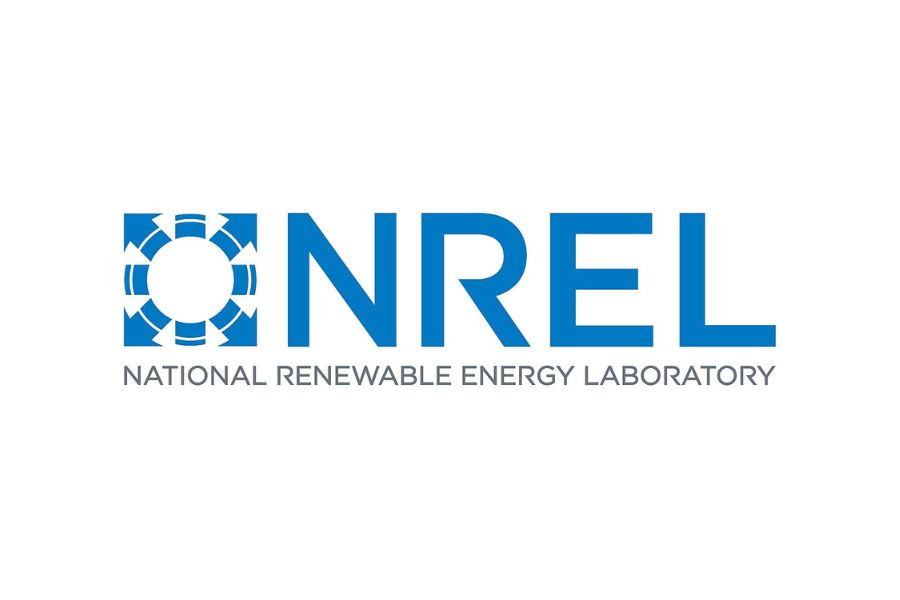Training Library
Solar Energy Basics by NREL

More energy from the sun falls on the earth in one hour than is used by everyone in the world in one year. A variety of technologies convert sunlight to usable energy for buildings.
Solar Energy Basics
Solar energy is a powerful source of energy that can be used to heat, cool, and light homes and businesses.
More energy from the sun falls on the earth in one hour than is used by everyone in the world in one year. A variety of technologies convert sunlight to usable energy for buildings. The most commonly used solar technologies for homes and businesses are solar photovoltaics for electricity, passive solar design for space heating and cooling, and solar water heating.
Businesses and industry use solar technologies to diversify their energy sources, improve efficiency, and save money. Energy developers and utilities use solar photovoltaic and concentrating solar power technologies to produce electricity on a massive scale to power cities and small towns.
Learn more about the following solar technologies:
Solar Photovoltaic Technology
- Converts sunlight directly into electricity to power homes and businesses.
Passive Solar Technology
- Provides light and harnesses heat from the sun to warm our homes and businesses in winter.
Solar Water Heating
- Harnesses heat from the sun to provide hot water for homes and businesses.
Solar Process Heat
- Uses solar energy to heat or cool commercial and industrial buildings.
Concentrating Solar Power
- Harnesses heat from the sun to provide electricity for large power stations.


